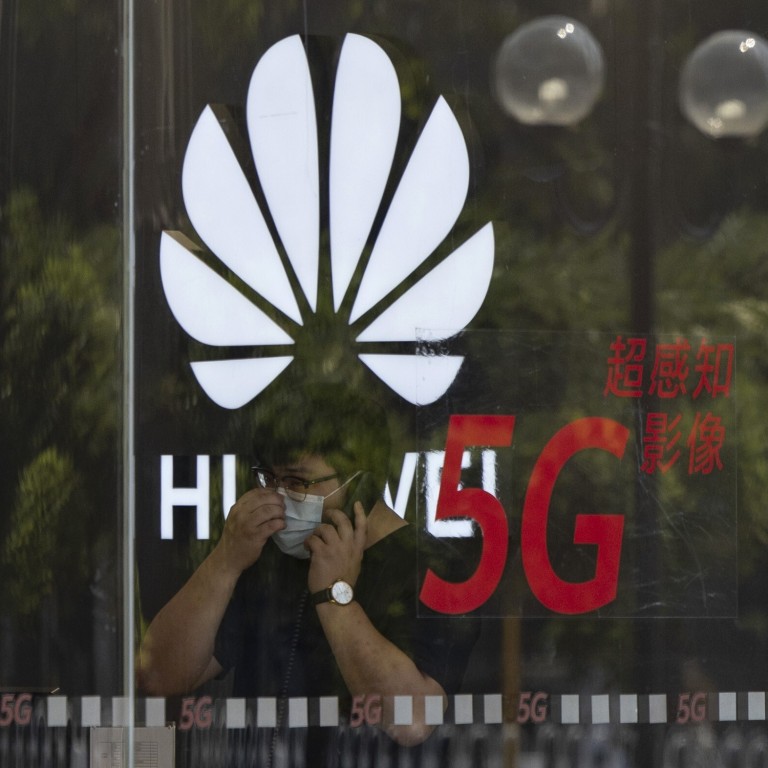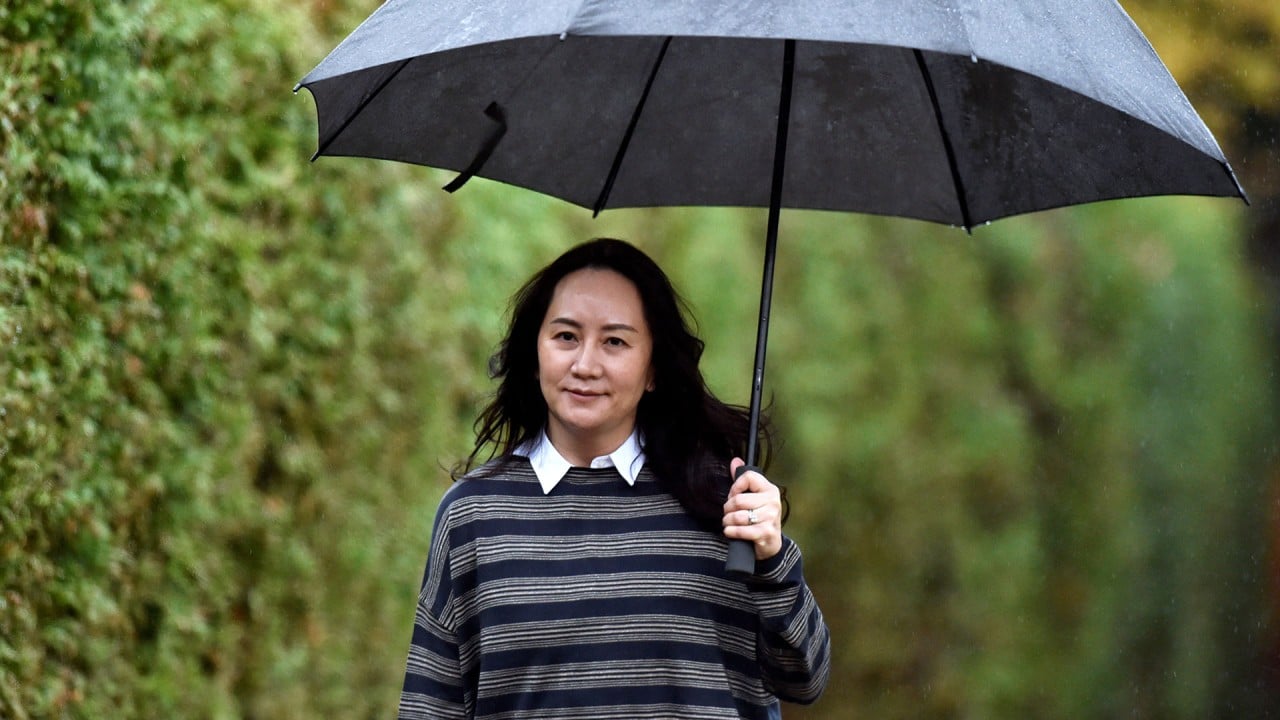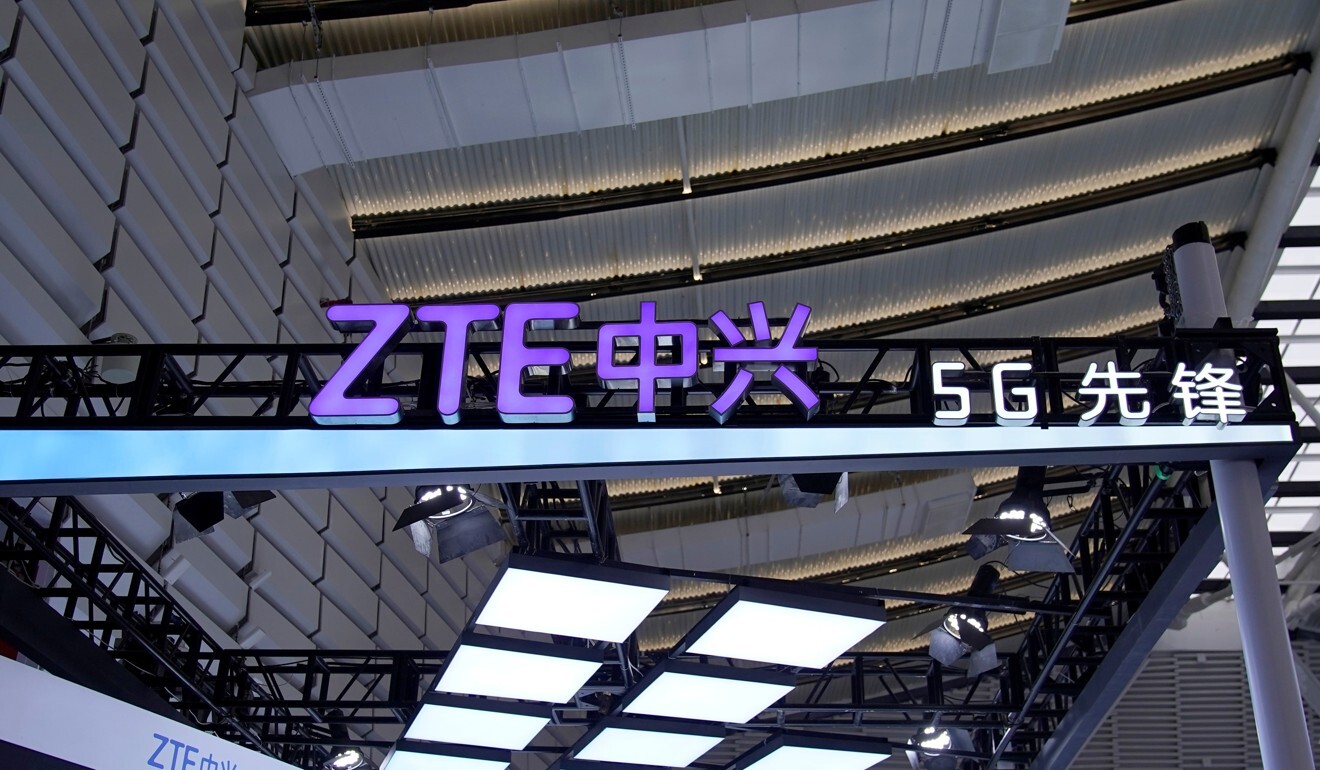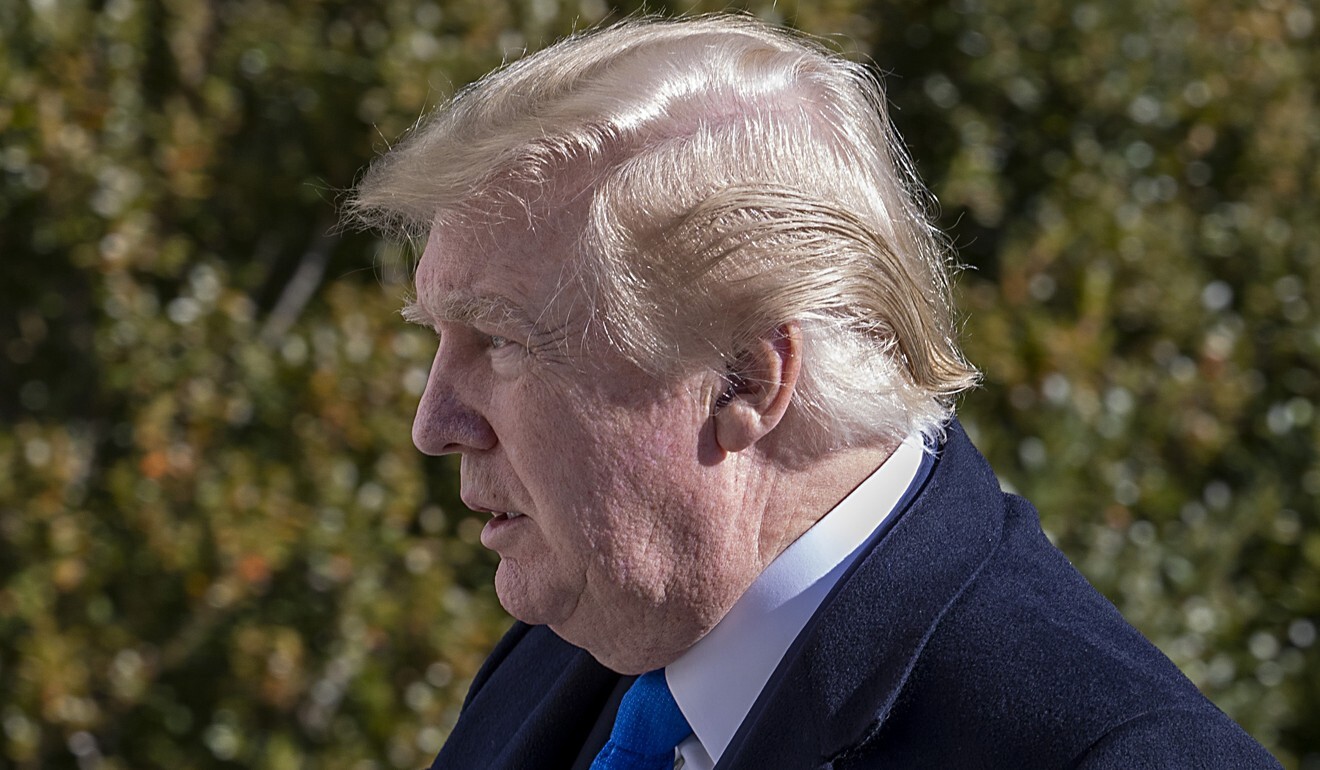
US defence bill includes 5G rules to pressure Huawei, ZTE
- Congress plans to require the Defence Department to reconsider sending military equipment or troops to a country if it uses Chinese 5G technology
- Trump administration has spent months trying to put pressure on American allies to stay away from Chinese 5G technology
The idea comes as the Trump administration has spent months trying to put pressure on American allies to stay away from Chinese 5G technology, saying it is a risk to security and would allow Beijing to easily intercept sensitive communications.

02:27
UK bans Huawei from 5G network after US sanctions
“I have personally told US allies that using such Chinese-owned technology will severely limit America’s ability to share vital intelligence with them,” he wrote in an essay published in The Wall Street Journal on Thursday.
Secretary of State Mike Pompeo meanwhile has urged American allies repeatedly to join the administration’s “Clean Network” initiative, essentially a commitment to avoid 5G technology from China.
Justin Trudeau will not comment on possible release of Meng Wanzhou
The 5G provision in this year’s National Defence Authorization Act (NDAA), which Congress is expected to vote on in the coming days, is yet another sign that President-elect Joe Biden will still be under enormous pressure from both parties in Congress to hold a hard line against China once he takes office.

04:43
How the arrest of Huawei CFO Meng Wanzhou soured China's relations with the US and Canada
Even after President Donald Trump and his top officials leave office on January 20, the new law – if Trump signs it – will still be there for Biden’s defence secretary to follow.
The bill says that the Pentagon will have to consider “the risks to personnel, equipment, and operations” of the department posed by “at-risk” 5G vendors when making decisions about overseas deployments. It specifically names Huawei and ZTE.
It says it will apply to any “major weapon system” or additional “permanently assigned” troop deployments comprising at least the size of a battalion, which the Defence Department says can be up to about 1,000 soldiers.
It does not apply to short-term combat missions, the bill says.
US deal for Huawei’s Meng Wanzhou hinges on admission of wrongdoing
Soo Kim, a former US intelligence analyst now at the Rand Corporation, said the rule could lead to difficult decisions for some US allies, like South Korea, that may find themselves “caught between” a security relationship with Washington and a trade partnership with Beijing.
“Even if the US is not planning to transfer military equipment to South Korea in the immediate time frame, should Seoul decide to include Huawei in its 5G networks, there’s risks of Chinese surveillance or ability to tap into sensitive communications,” she said.
“For Seoul, it’s come down to weighing security vs economics, which in this day and age have survival implications.”

The bill also requires the Pentagon to take into account what steps its host countries are taking to “mitigate” the risks from the Chinese 5G technology.
Ali Wyne, a senior analyst with Eurasia Group’s Global Macro practice, said the bill’s strength may depend on how much the US is willing to push its partners and allies that may be more ambivalent about ditching Huawei.
“What risk-mitigation measures would the United States ask them to take, and which ones would they be willing to take?” Wyne said. “Under a permissive interpretation, ‘mitigation’ could simply mean imposing some restrictions on the network components that Huawei and ZTE are permitted to build.
“Under the most stringent interpretation, it could mean blocking them entirely.”
US to deny visas for Chinese officials accused of stifling dissent
China’s advances in 5G technology, and its efforts to install it in countries all over the world, have set off alarms in Washington, even as America’s own telecommunications companies have made only limited progress so far setting up the technology in the US.
This year’s NDAA also orders the Pentagon to create a new, high-ranking assistant secretary of defence position in charge of “industrial base policy” to oversee supply chains, according to the text of the bill.
In a note attached to the bill, lawmakers said the person’s job should be to ensure a “secure supply of materials critical to national security”.

Last month, Ellen Lord, the under secretary of defence for acquisition and sustainment, said in a speech that it was vital for the Pentagon to have a steady supply of the microelectronics that go into 5G technology.
The NDAA is a massive piece of annual legislation in which lawmakers try hard to attach their priorities to as amendments, knowing they will be essentially guaranteed to become law.
Trump has threatened to veto this year’s bill for reasons unrelated to China or 5G. He had wanted the bill to include a measure to repeal a legal shield for social media companies.

